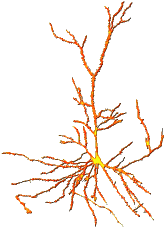I sincerely apologize that we have a long-standing and unresolved problem that users are unable to modify the database contents using their logins and passwords. I hope that we can fix this problem soon. In the meantime, I will try to do this manually as best I can.
We encourage you to add your own name to this list (without obligation or cost...).
You may use this list to let others know of your interests, your contact information, your biographical and professsional history.
FAQ and HELP
|



